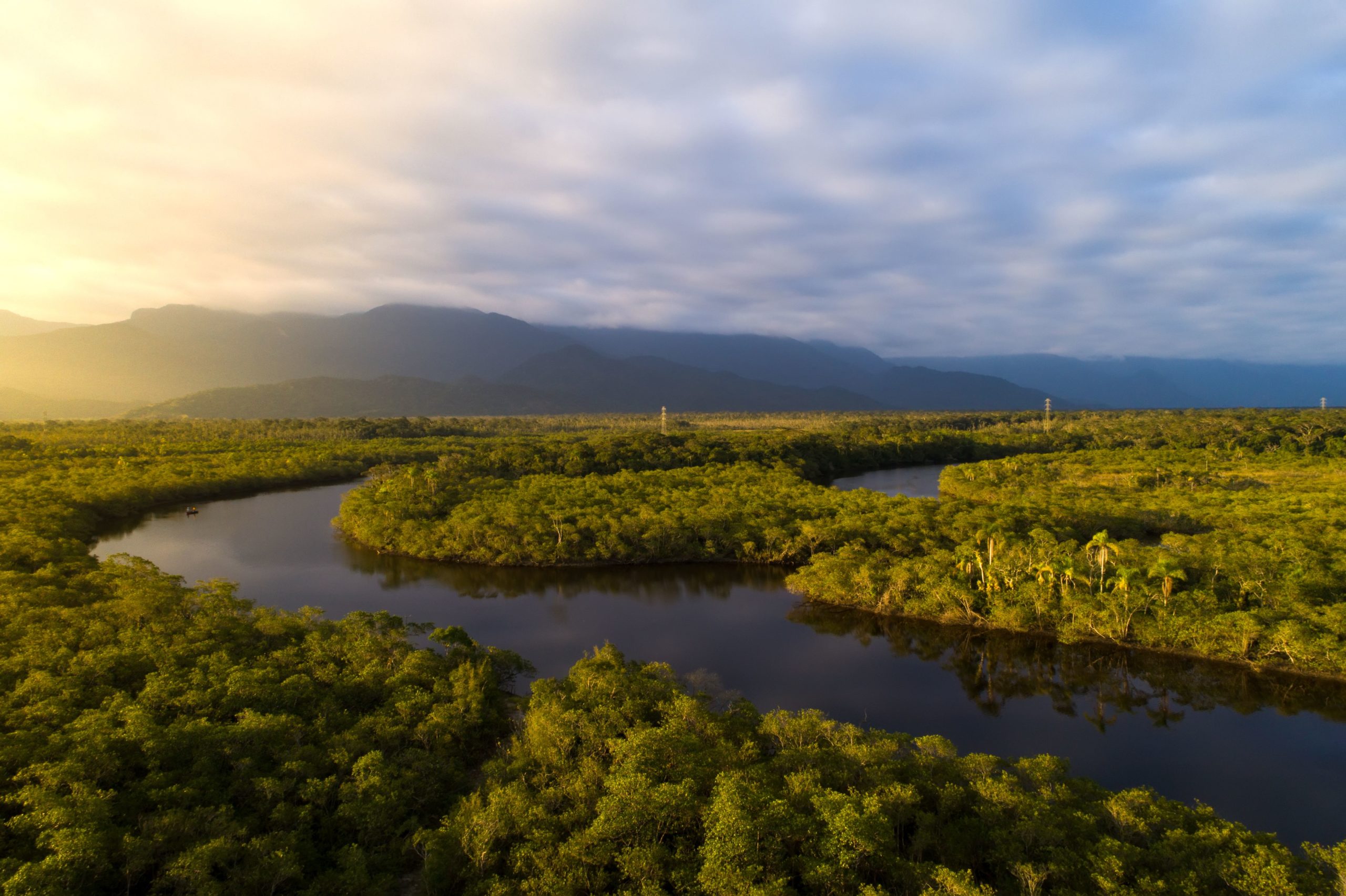After several years of limited hydropower development and high-profile cancellations of proposed dams, Brazil’s energy ministry has signaled its return to the sector with an auction scheme of 65 new hydro projects. Carried out in August with minimal notice, the auction scheme contracted 815 MW worth of new projects for delivery by 2030, signaling a troubling return to dam-building despite cheaper, faster renewable alternatives that are readily available.
While officials tout the relatively modest generating capacity of the plants – most are below 50 MW – the poor track record of such projects is well-established as having outsized environmental and social impacts for the amount of power they produce. These projects also risk impacting Indigenous territories, and key decisions are being made without first obtaining their Free, Prior and Informed Consent (FPIC).
At the same time, deepening Brazil’s existing severe overreliance on hydropower is completely at odds with the country’s stated climate goals, with weeks to go until COP30 kicks off in Belem. Brazil’s overdependence on hydropower has led to major blackouts and economic impacts in recent years as more frequent droughts have crippled hydropower production. Meanwhile, the methane emissions from the dam reservoirs will exacerbate rather than mitigate climate change and undermine Brazil’s commitments to reducing its methane footprint. Because of its terrain and topography, Brazil has some of the highest-emitting dams in the world and, in some cases, its dams produce more greenhouse gas emissions per unit of energy than coal plants.
International Rivers and our Brazilian allies are responding to this latest threat by challenging the ministry and project developers over this misguided approach. A letter sent to authorities highlights key flaws in the auction process that require immediate attention, including a lack of alternatives analysis comparing costs versus wind and solar with storage; ignoring the climate risks of drought in energy calculations; and overlooking projects’ cumulative impacts with no basin-level assessments of fragmentation and ecosystem disruption.
The letter further calls on authorities to impose a moratorium on new hydropower development in critical basins, mandate FPIC requirements for projects impacting Indigenous communities, publish the full list of projects prioritized for development, and prioritize a lower-impact portfolio of wind, solar, and storage over new dams.
Intact rivers provide irreplaceable services no dam can replicate: clean drinking water, agricultural systems, fisheries, cultural heritage, and climate resilience. Today’s energy decisions determine whether future generations inherit flowing rivers or concrete monuments to short-sighted planning.
Read our full letter to Brazilian authorities demanding transparency, science, and rights in energy planning.
Photo: Amazon Rainforest in Brazil, Shutterstock

